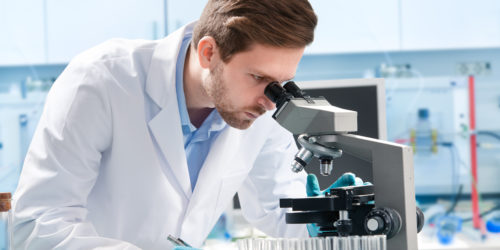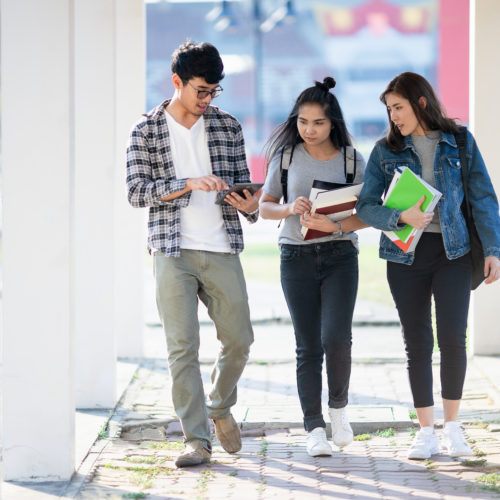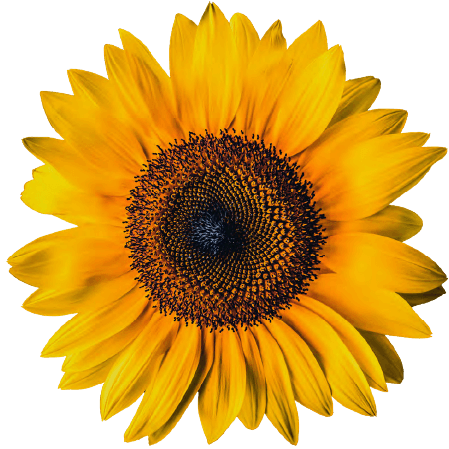
Rigorous science qualifications that prepare your students for university and beyond.
Biology
Chemistry
Physics
Combined Science
We developed our International GCSEs and A-levels together with leading UK universities to ensure that OxfordAQA students have the opportunity to achieve the knowledge expected to access further education. We want your students to start this journey early on. That’s why both our International GCSEs and A-levels adopt question styles that meet the demands of the best UK universities, with consistent language used for practicals and coherence in mathematical skills between International GCSE and A-level.
In addition, we have done what it takes to make sure our science qualifications are tailored to your needs:
- Practicals are at the heart of science, fostering students’ ability to reason scientifically. However, they can be challenging for schools outside the UK to set up when following a UK-based curriculum. That’s why our international science qualifications make practicals more accessible, so you can make them a key part of your teaching.
- For example, teachers can easily adapt experiments by using resources they have immediate access to, whilst ensuring students cover the same learning objectives as candidates in UK GCSEs and A-levels.
- Accessibility is a key feature of our exam papers. We leave out unnecessary words and context from our questions and we carefully format our papers to ensure we are testing students fairly. Find out more on our approach to Fair Assessment.
Taken together, when you choose OxfordAQA International GCSE, AS or A-level Science qualifications you can be sure you are preparing the scientists of the future with the skills they need for both the workplace and higher level study.

